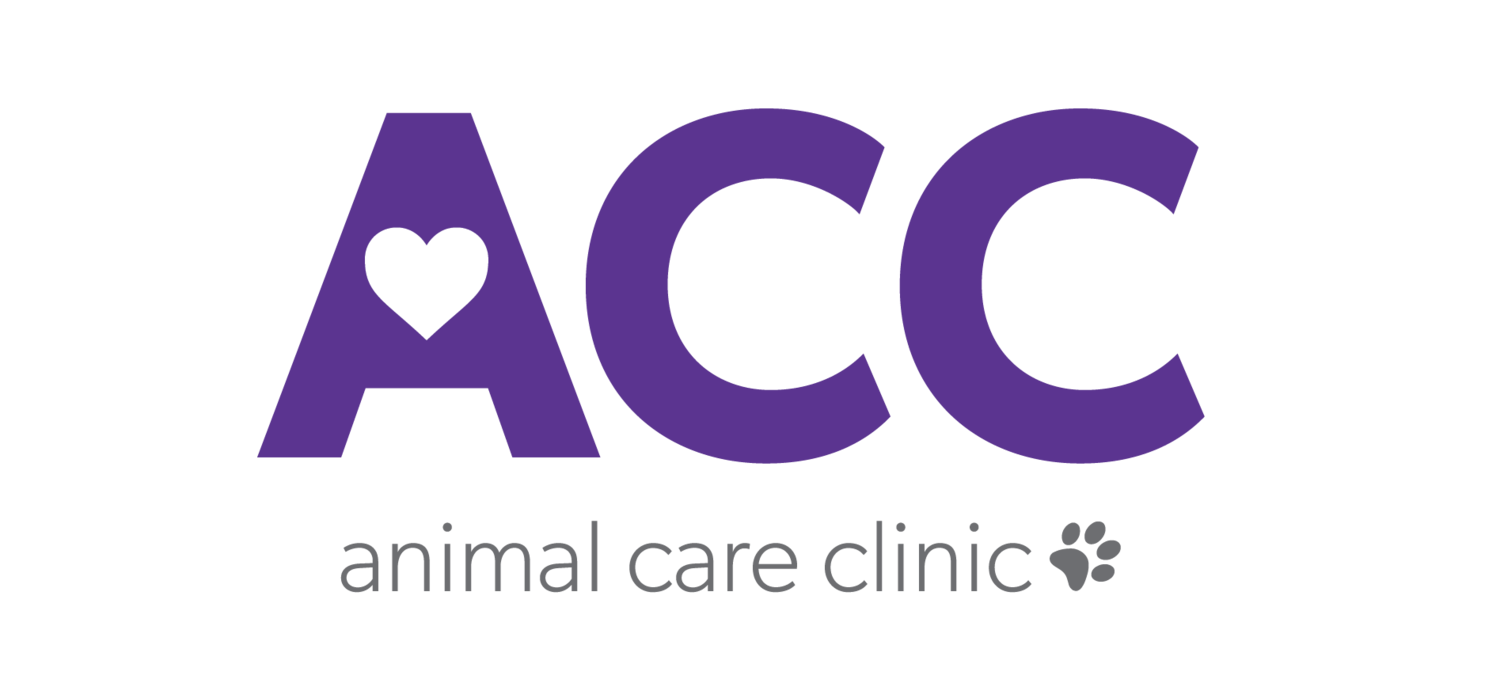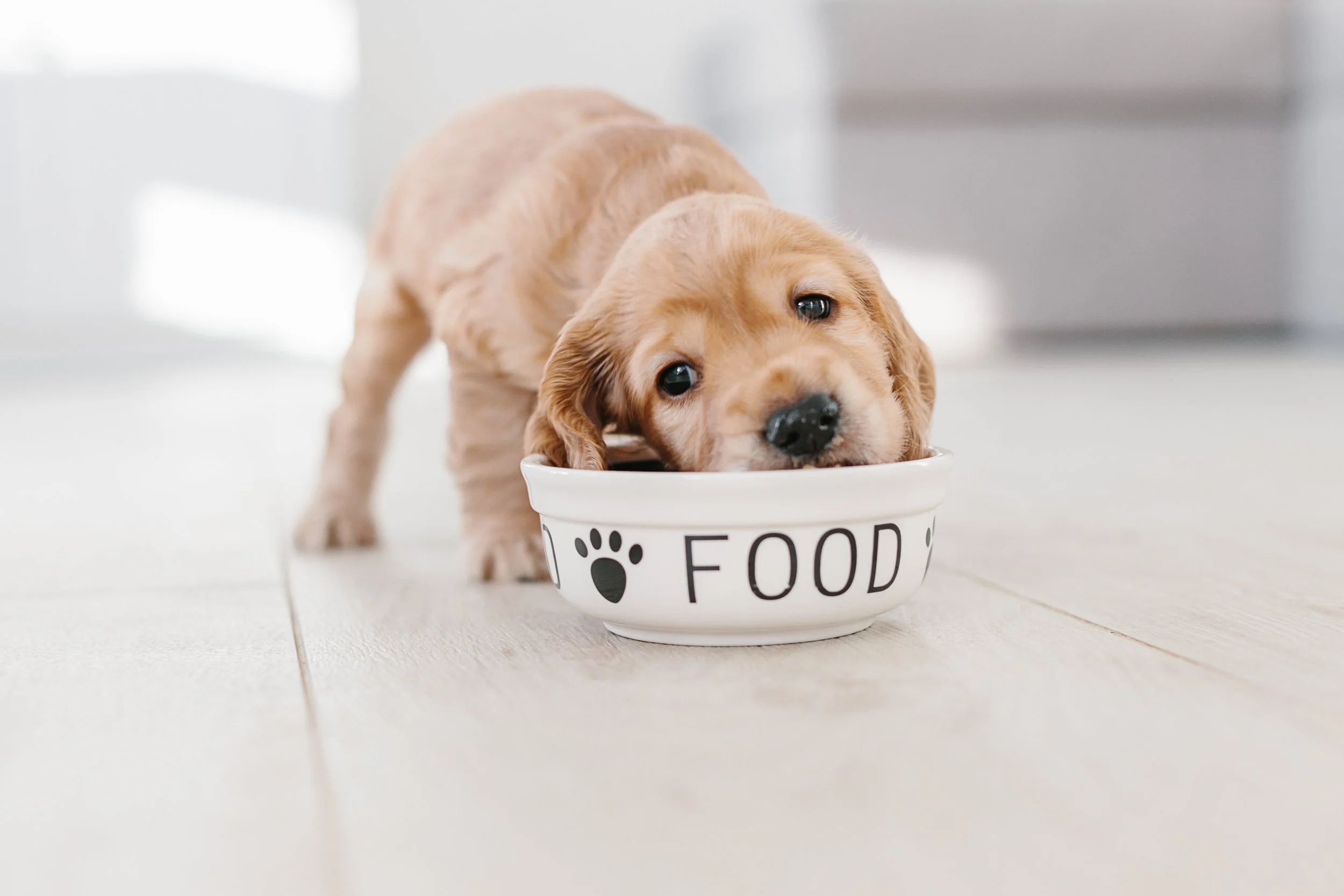Worrying that your new puppy eats too fast? You're not wrong to watch your puppy's eating habits with care and concern. When a puppy eats too fast, it can develop a number of digestive issues. This is especially problematic when it continues into the adulthood of your dog's life. Finding the root cause of your puppy's eating habits will also help you change them for the better. Find out why fast eating can be an issue in young dogs and how to redirect the behavior in the easiest ways possible.
What Causes Fast Eating in Puppies?
While a dog can suddenly develop faster eating habits at any age, it's particularly common in puppies. As soon as the dogs begin to eat solid food, there's a chance that each puppy will eat slower or faster than the rest. Puppies in a litter naturally compete for food, which leads to fast eating in many dogs that have the energy to thrive. It's an understandable natural reaction to food scarcity, even if the dog owner raising the puppies supplies plenty of food. Yet even a puppy living on its own can start eating too fast simply out of concern that its meal may disappear. It can indicate a puppy has parasites like worms or needs higher quality food to supply more nutrition per bite.
Why Is It Bad For a Puppy To Eat Food Fast?
Fast eating leads to gulping rather than chewing. With dry puppy kibble, choking becomes a particular hazard. Dogs from small breeds can find speed eating particularly hazardous to their health for this reason, even if you choose a smaller-sized food. Wet foods pose less of a choking hazard, but they can contribute to gas and digestive issues just as much as dry food when eaten too quickly. Puppies that are still being fed unlimited amounts of food may overeat and develop issues related to pet obesity, especially if the eating habit isn't curbed as they get older. Rapid eating for too long can lead to a life-threatening condition called gastric dilatation-volvulus. It's a type of bloat that is hard for a vet to reverse once it occurs.
How Fast Is Too Fast For A Puppy To Eat?
When a puppy eats too fast, there will be a few tell-tale signs there's a problem. First, you may notice your puppy choking, gagging, or dropping food back in the bowl while eating. This indicates they're not chewing or swallowing slowly enough. Hiccups are another sign of rapid eating or at least poor digestion. Larger breed puppies need to take more than 1 to 2 minutes to finish their meals, while smaller breeds shouldn't be able to finish their meal in under a minute. If your puppy eats too fast, you'll need to address the behavior while they're still young to protect their health.
How To Make Your Puppy Eat Slower
One immediate option is to reduce how much you feed per meal and break it into as many meals as possible to administer over the course of a day. This helps teach your puppy that food is available and not scarce without overfeeding them. As the dog gets older, transitioning into a puzzle feeding bowl or snuffle mat is the best option. These tools force your pup to search out their food like they would in the wild, significantly slowing down their eating speed. Once a puppy has reached between 4 and 6 months of age, they should be old enough to handle this kind of feeding routine.
Request an appointment today at Animal Care Clinic in Junction City to discuss your options for keeping your puppy healthy for life.

